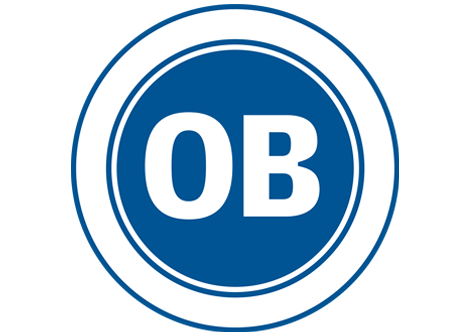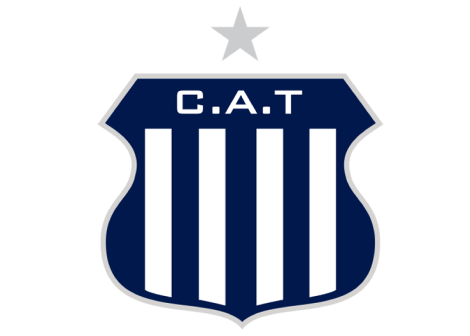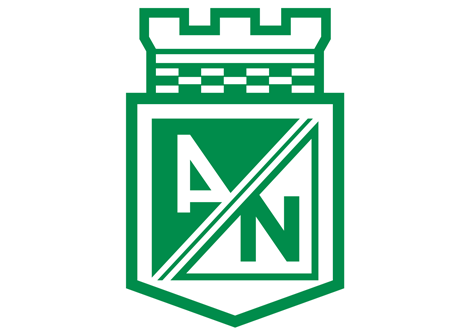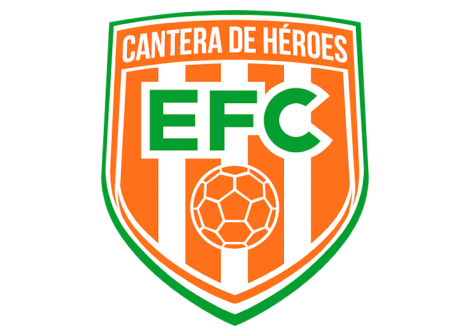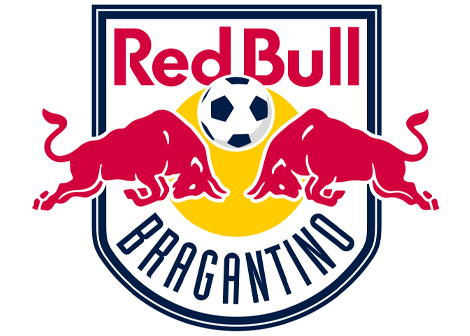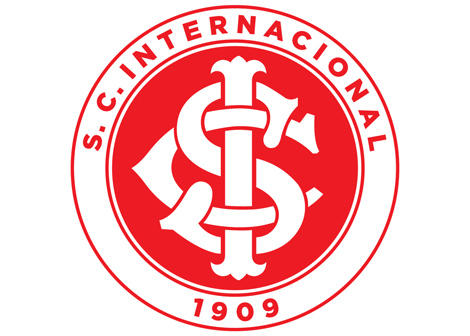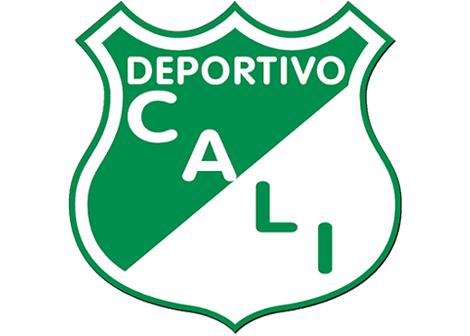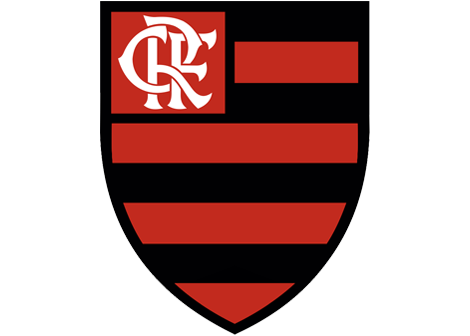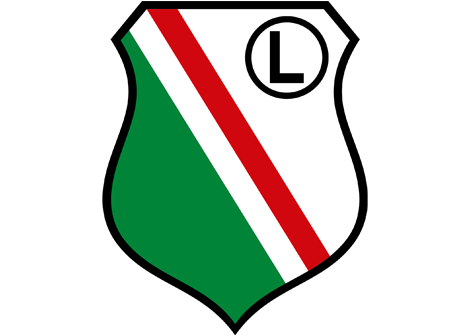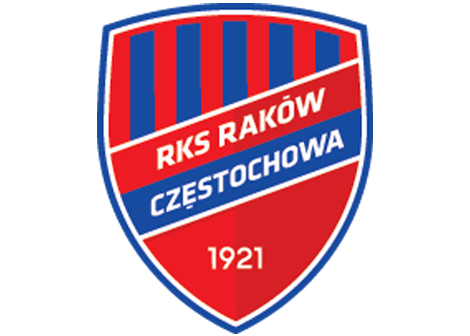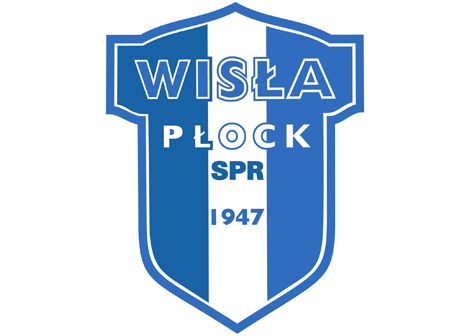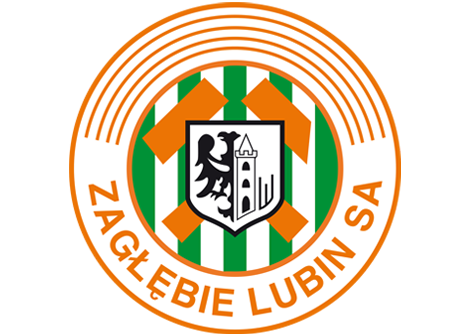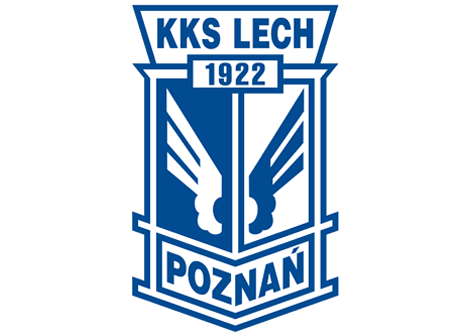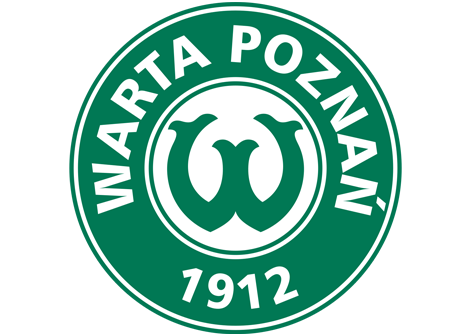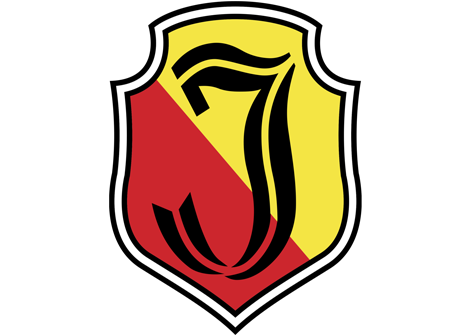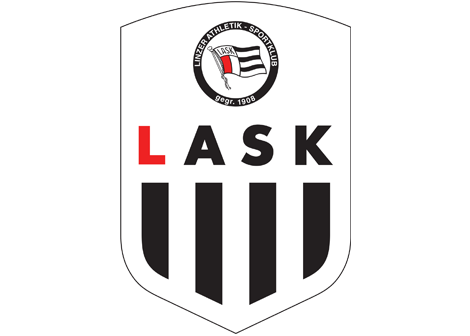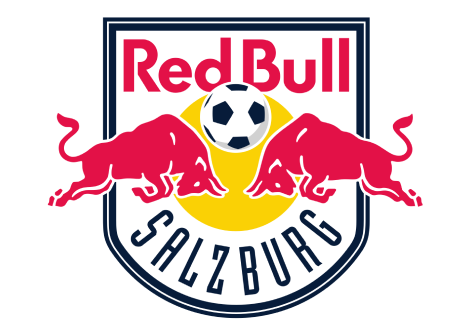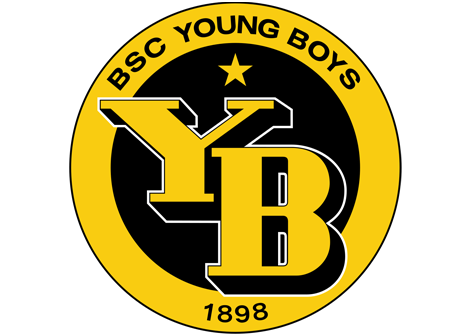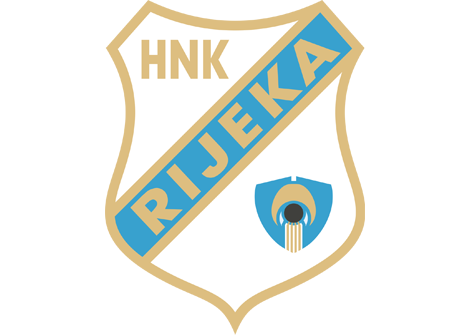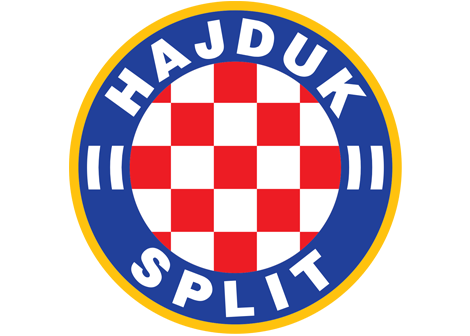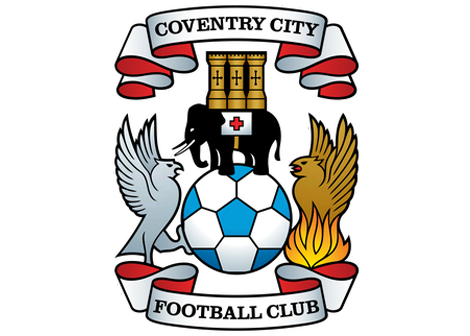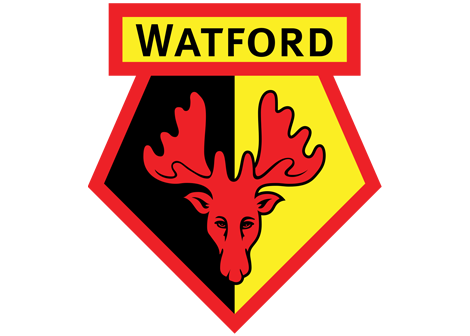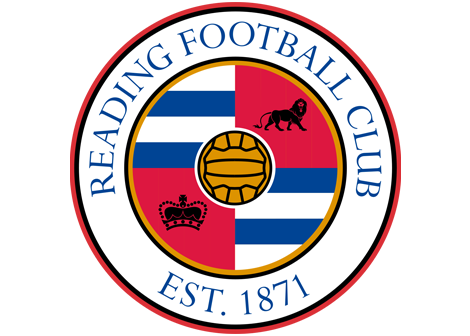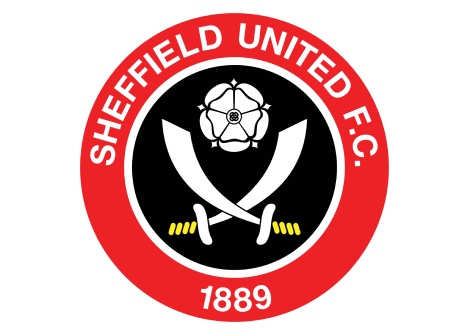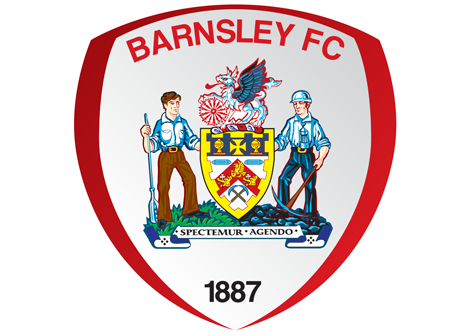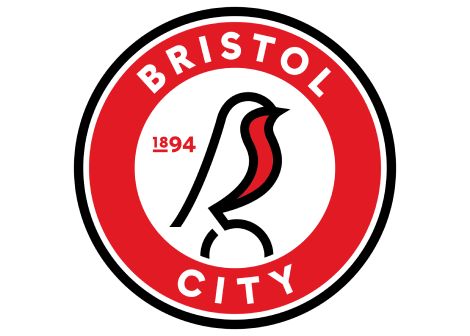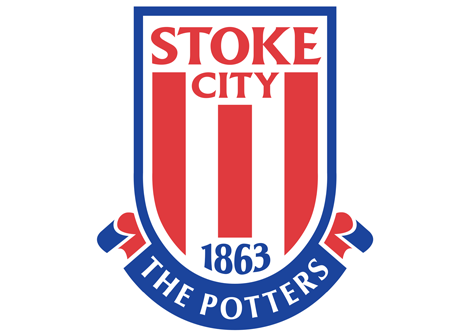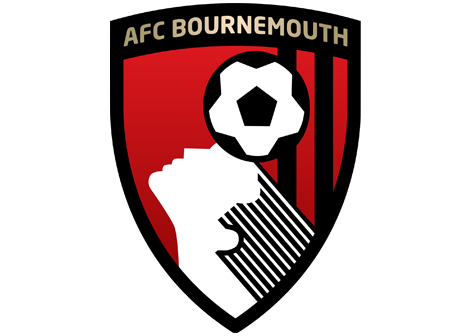Sporting Director Paul Mitchell told us in 2022 the huge task that confronted him in the country, subjective decision-making and the importance of communication.
The audit process is the foundation for everything that you move forward from that point to deliver. That is where you get to make the real long-term changes, and design the long-term strategy and plan with your ownership group. As hard as it is to find the time to do that audit, you have to do it. You have to have something that is subjective, that is not built on emotion.
The 90 Day Audit
“The task was complex in the simplistic nature of what was asked,” said Paul Mitchell at a TransferRoom Summit in 2022, reflecting on the remit AS Monaco’s Owner gave to him when he joined the club from the Red Bull group in the summer of 2020.
“Rebuild all club investments on the sporting side and bring Monaco back to being competitive in the domestic league and consistently back in the group stages of European competition.
Mitchell, one of the most revered Sporting Directors in world football, spent an impressive three years at Monaco before leaving in October 2023, but it was the work done inside the first 90 days that set the tone for his tenure.
Off the pitch, the transformation was extraordinary. The squad was heavily cut from an unmanageable 77 professional contracts to a squad of 28 that had one of the youngest average ages among the big five leagues in Europe in 2021-22.
The squad overhaul coincided with a structural rebuild - a new €55m performance centre opened in June 2021 - as well as a psychological reset.
Mitchell explained: “At the point when I arrived we had 77 fixed professionals and one training pitch with a building site wrapped around it. We were working in porter cabins that had been standing far too long.
“I’m someone that is always half full, not half empty. I’m very positive but it was difficult because what I found was a little bit of a mishmash of many different strategies, whether that be from the club, from the coaches, from the organisation itself, all stood facing me, looking me dead in the eye on my first day on a training pitch where I couldn’t see grass, only football players.”
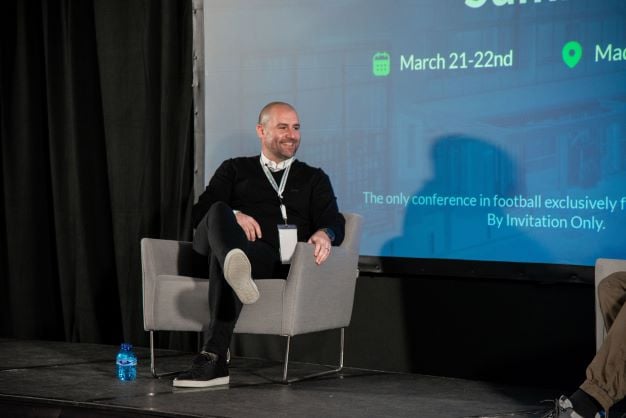
Paul Mitchell talks big club rebuild at the TransferRoom Madrid Summit
So began an extensive three-month audit: a deep dive into every department within the football club with the aim of establishing a blueprint for growth.
“The audit process is the foundation for everything that you move forward from that point to deliver,” he explained. “That is where you get to make the real long-term changes, and design the long-term strategy and plan with your ownership group. As hard as it is to find the time to do that audit, you have to do it.
“You have to have something that is subjective, that is not built on emotion. The 90-day audit for me is a must to understand: ‘What is this now?’ ‘What has gone on before?’ ‘What is the reality?’;‘How are we going to fix and build across the timeline we have agreed on?’
“It was a humongous piece of work and the findings were clear… Unfortunately it was a bit worse than I hoped. We had to start the task of the rebuild.”
Mitchell, along with Owner, agreed there was no short-term fix - this was a long-term project that would have bumps in the road.
He continued: “I signed a four-year contract. We agreed the rebuild would be in four phases. I didn’t come in at zero. People like to talk about projects being a blank canvas. This was not a blank canvas. There was a lot of damage done to the whole organisation that needed repair.
“That damage was objective in terms of on the pitch you can see the results, the recruitment, the playing style, but it was also subjective - the damage done to the people, to the staff, the psychology of the whole business.
“So we agreed it would have to be long-term, we would have to be patient. I’m not a miracle worker, I’m not a magician. I need time to deliver these things especially when the damage was so severe. Let’s move through the phases, let’s create an identity, a philosophy, something that the market can respect again.”
Build with youth
That identity, that philosophy, was one largely focused on youth.
In 2021-22, AS Monaco used 11 players aged 21 or under in the first team, five of which were academy products: Benoît Badiashile, Chrislain Matsima, Eliot Matazo, Félix Lemarechal, and Maghnes Akliouche.
“Our squad average was one of the youngest in [the big] five leagues, in 2021/22” noted Mitchell. “The agreement after the audit was that we had to build it that way because the years before we spent €350m. We were the fifth-biggest spender in the world, which was incredible, and that created issues in terms of financial management. We had to create a different strategy, implement a different way of working.”
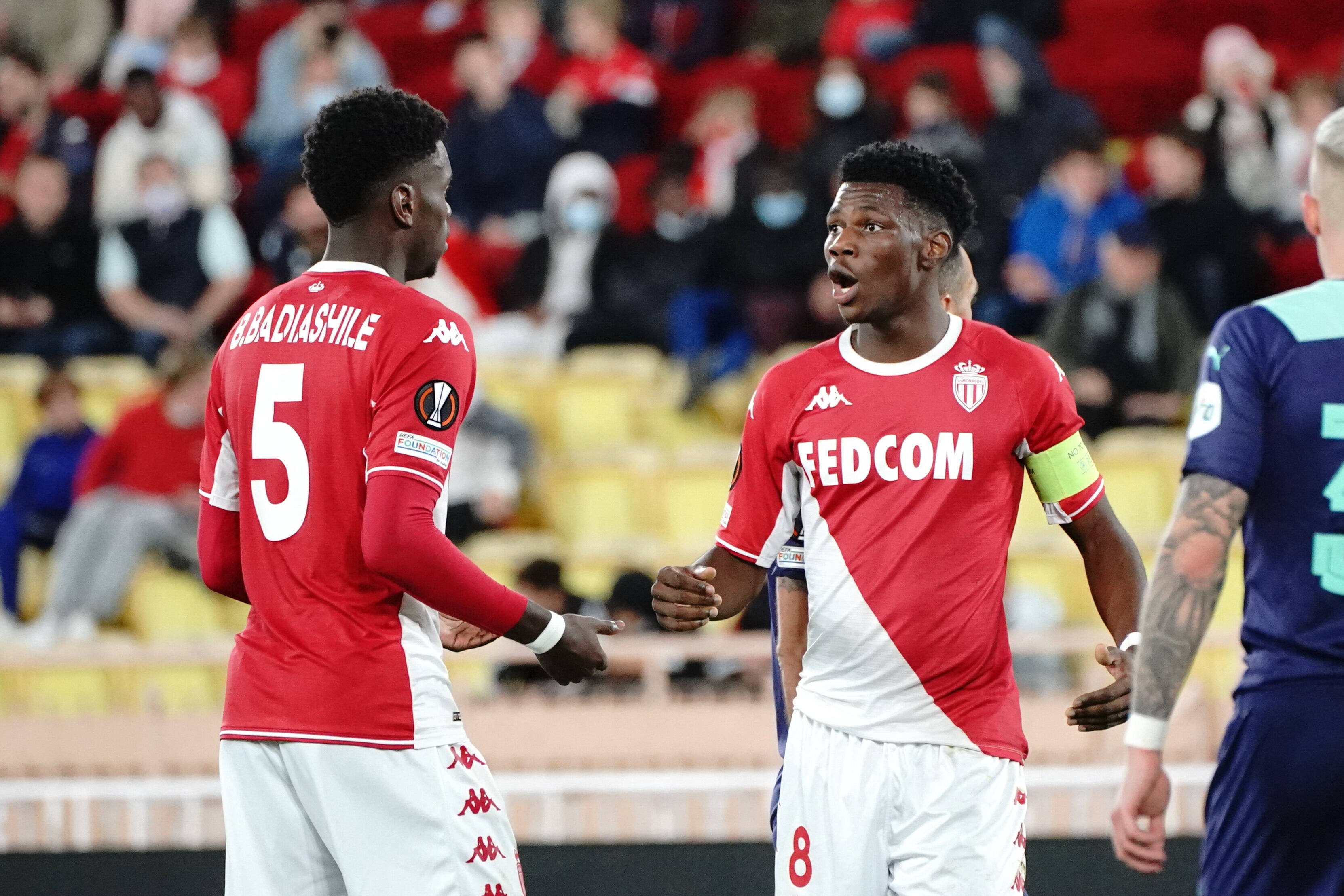
Benoît Badiashile (21) and Aurelien Tchouameni (22) are two of France's top young talents
The player personnel rebuild resulted in AS Monaco having the second-most valuable squad in Ligue 1 in 2021-22 (which TransferRoom valued at close to €390m per Expected Transfer Value) behind only big-spending Paris Saint-Germain.
But it’s a highly-competitive philosophy.
“Everybody wants to sign young players because of the revenue damage that Covid-19 has created from lack of commercialisation from having no fans in the stadium. But for us it was the only way because of all the money that was spent in the past,” Mitchell said.
“We had to start that journey and build that identity, something the staff could relate to as well, because I don't think they knew what the club stood for now. I needed to build clarity around what it is, and the potential of what it could be. That is what we are doing now in phase two.”
And, as a leader, that is where Mitchell places great importance in clear communication.
“When you build it young, they do need guidance. Not so much verbal, but there’s a lot of non-verbal communication. They're looking at different points of contact. You have to make sure the organisation internally is secure. And that’s why you have to communicate well that there is a level of security and there’s a rationale for what you’re doing.
“When we make a decision, we articulate a lot to the players. ‘This is what we are doing’, and ‘this is why’. We are educating because our group is young and we are a development club. You have to be able to articulate the plan, to explain the why and the how.”
Book an intro call
Trusted by decision makers from 800+ clubs worldwide
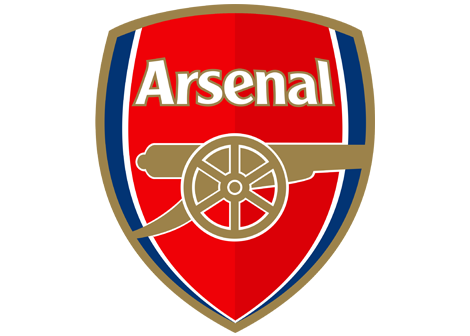
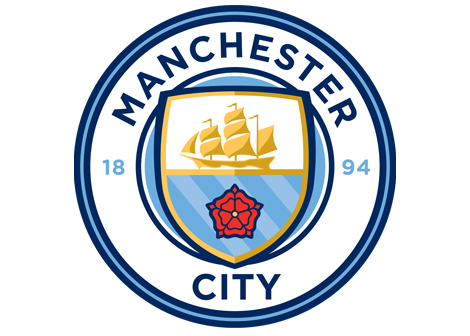
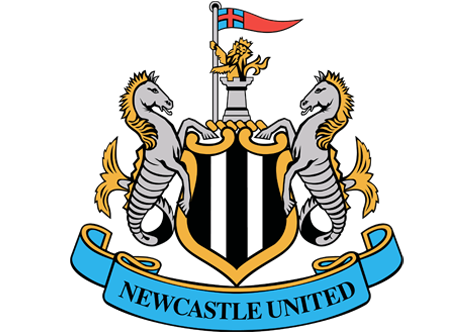
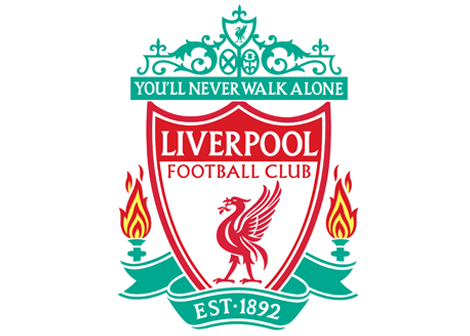
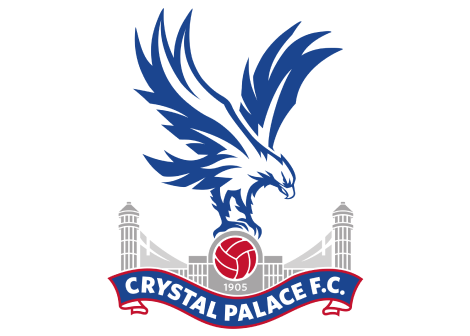
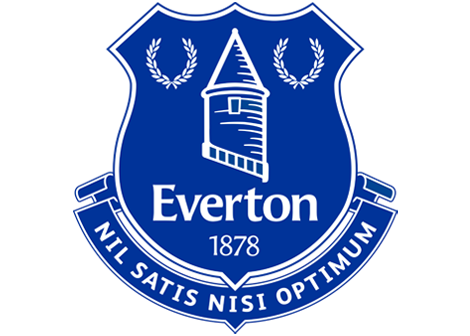

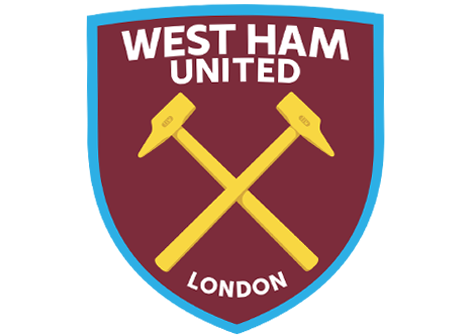

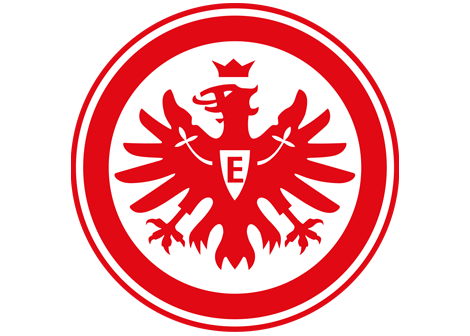
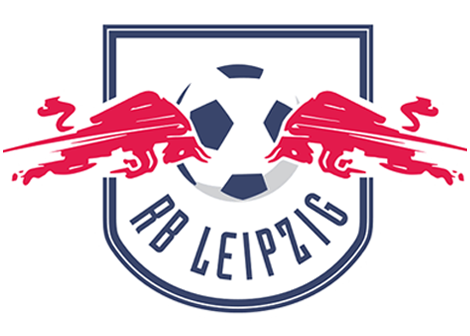
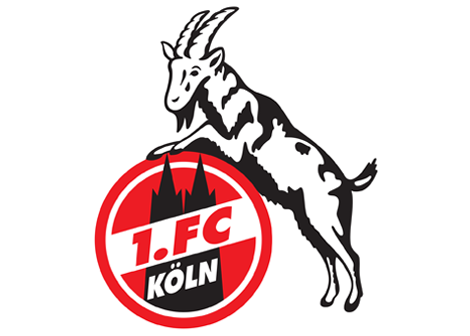



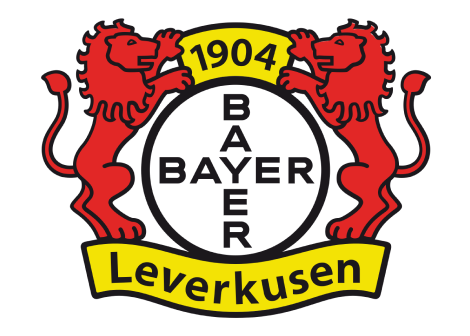
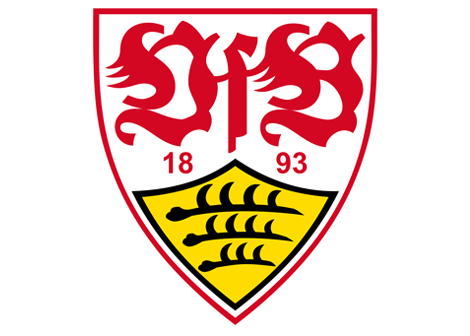
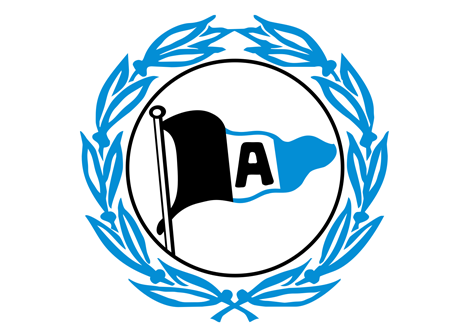
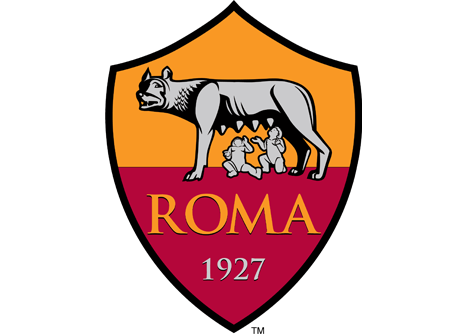
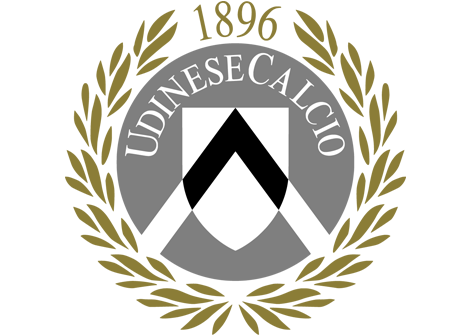



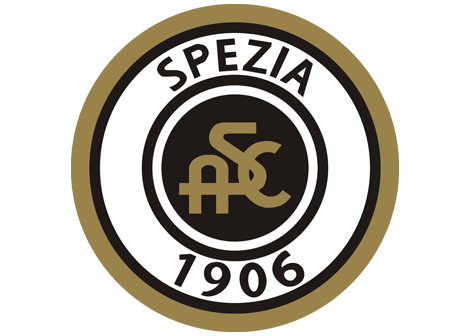
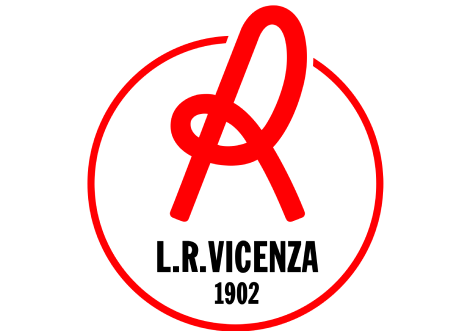
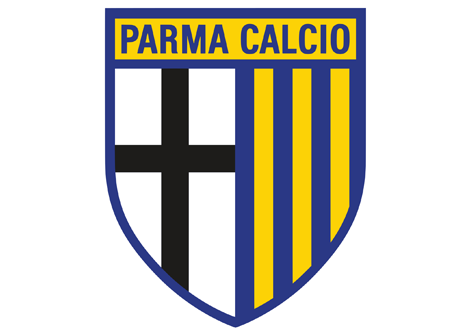

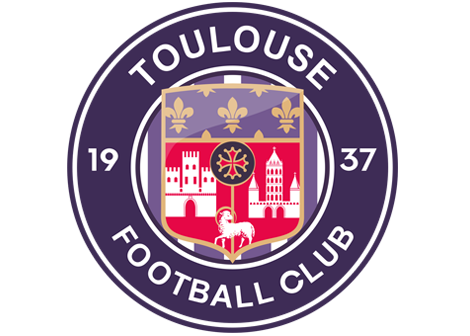
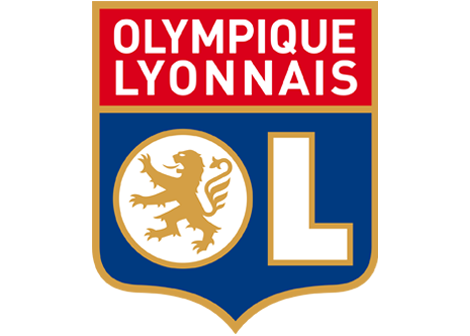
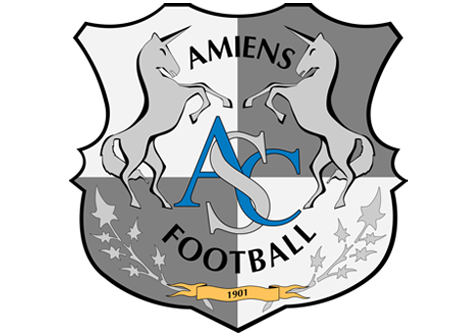
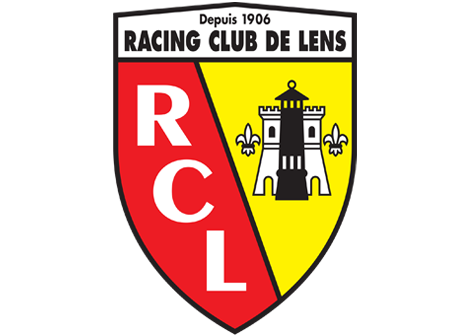
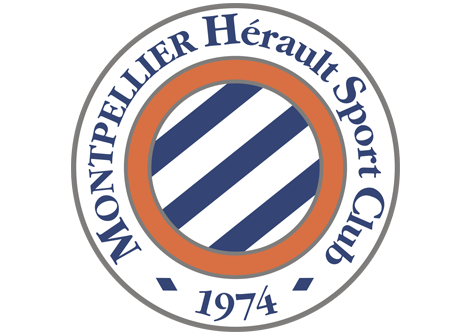
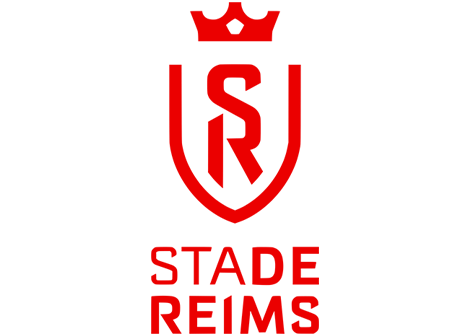
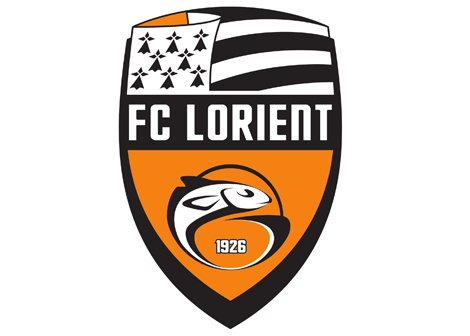
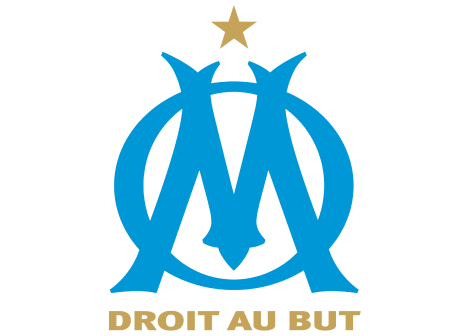

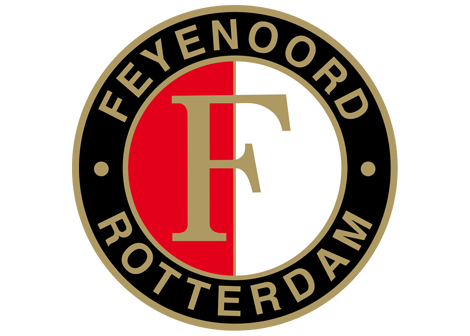
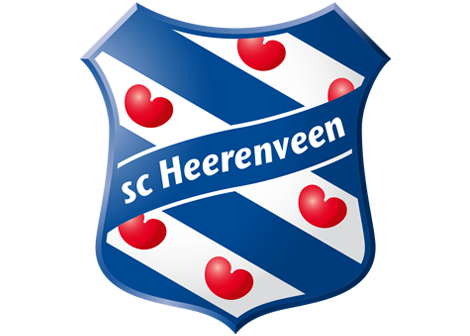
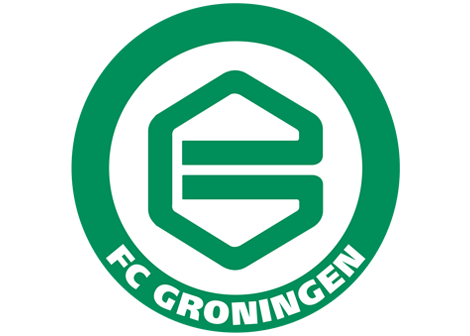
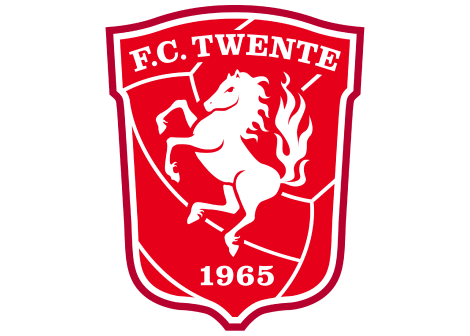
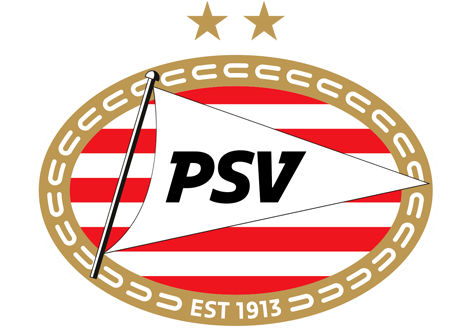
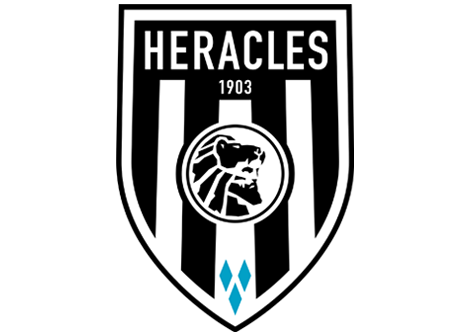
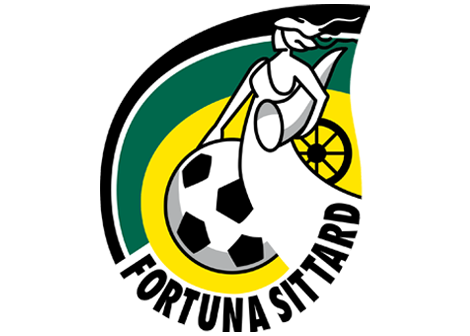
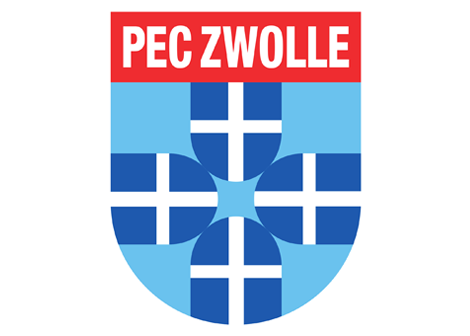
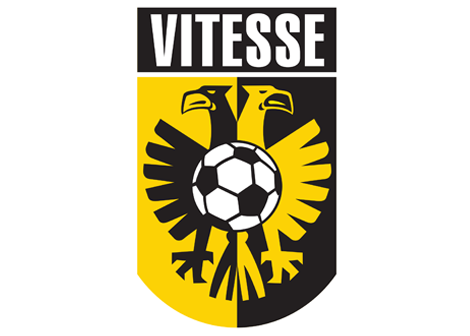
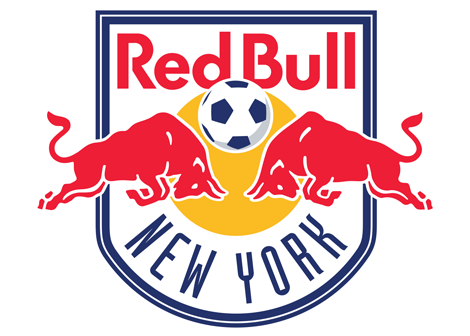

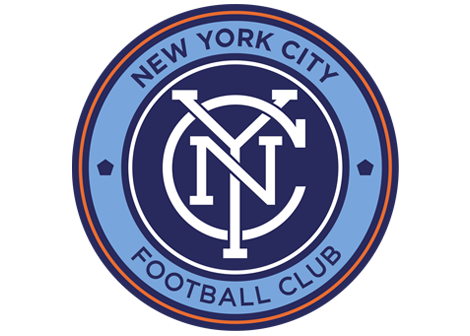

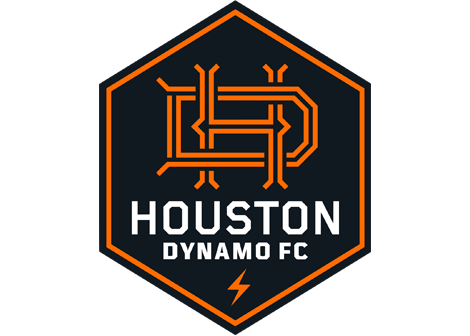
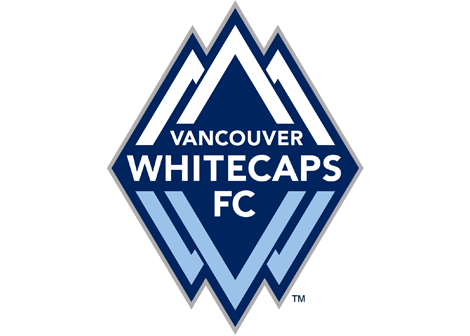
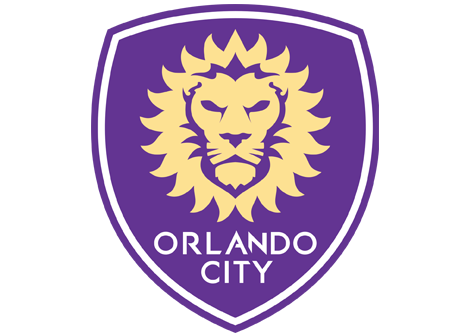

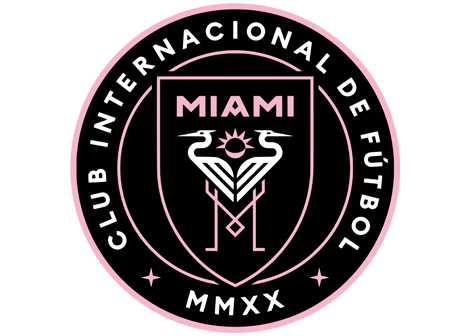
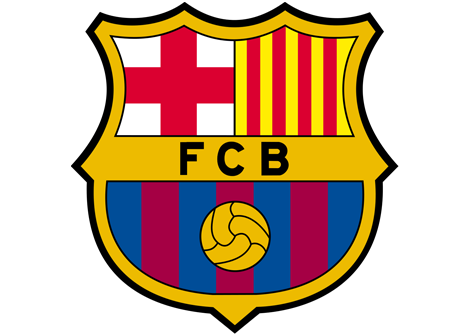
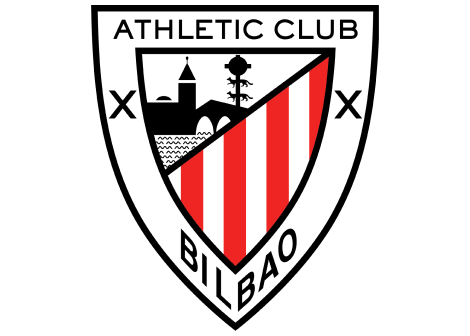
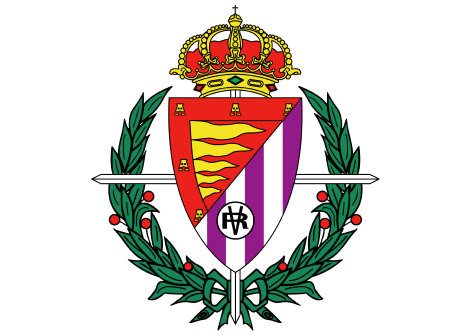
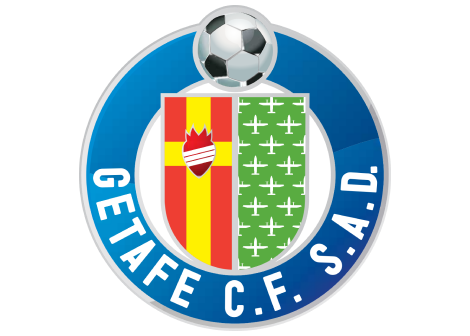
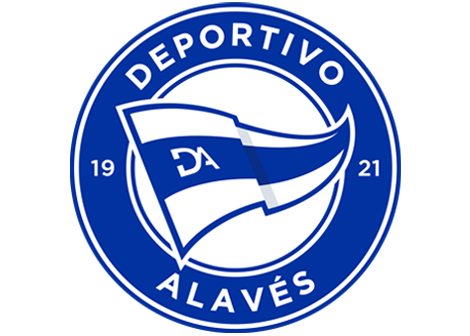

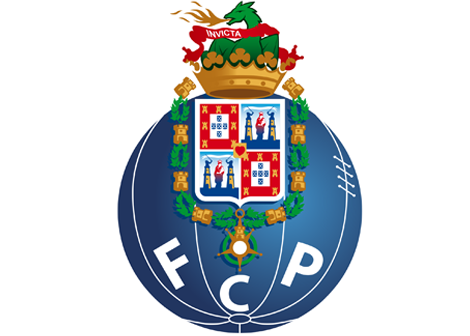
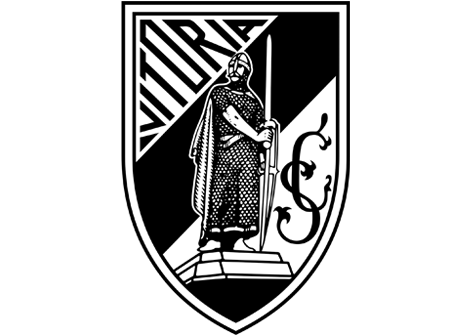
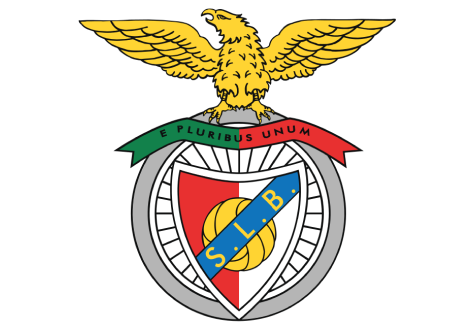
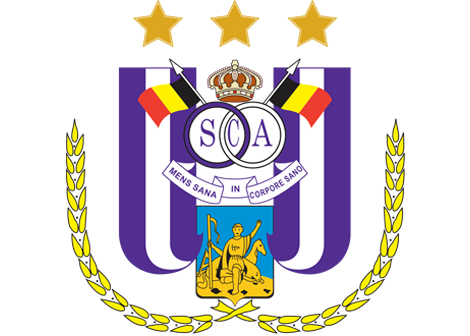

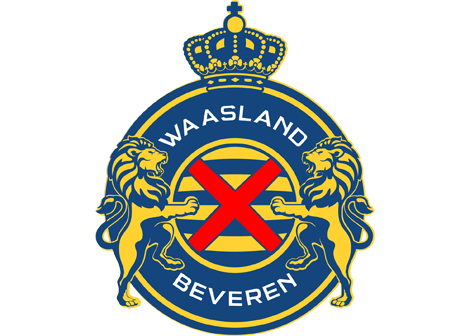

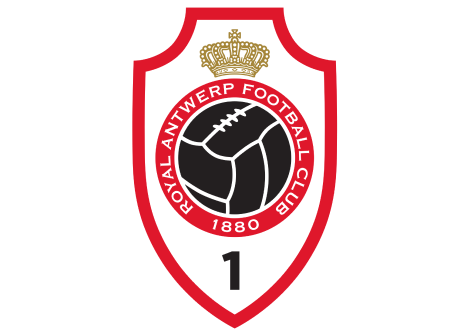
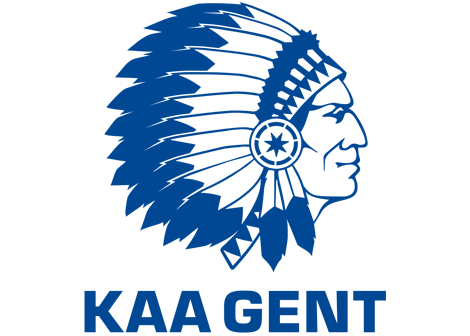

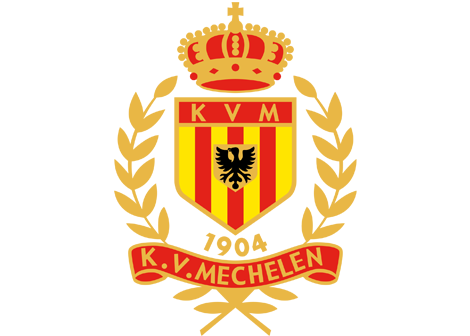
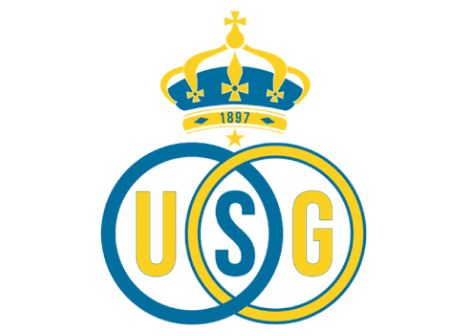
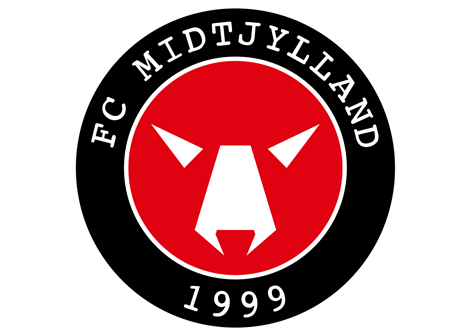


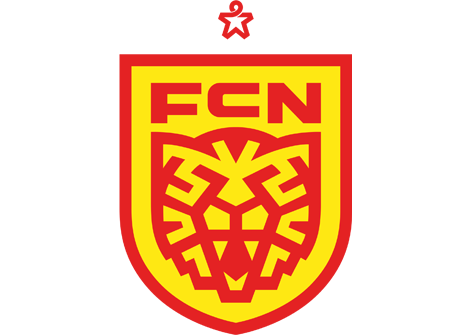
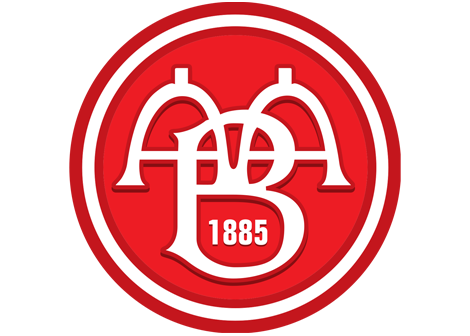
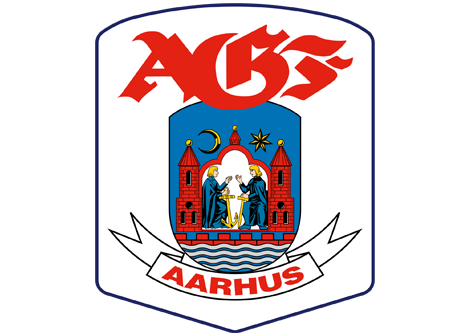
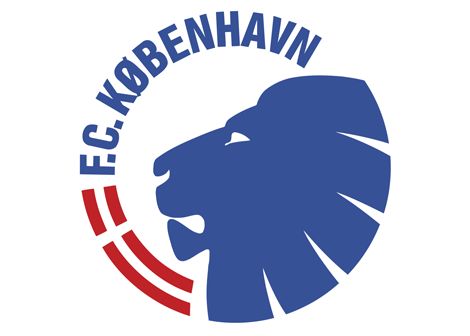
/SWEDEN/Malm%C3%B6%20FF.png)
